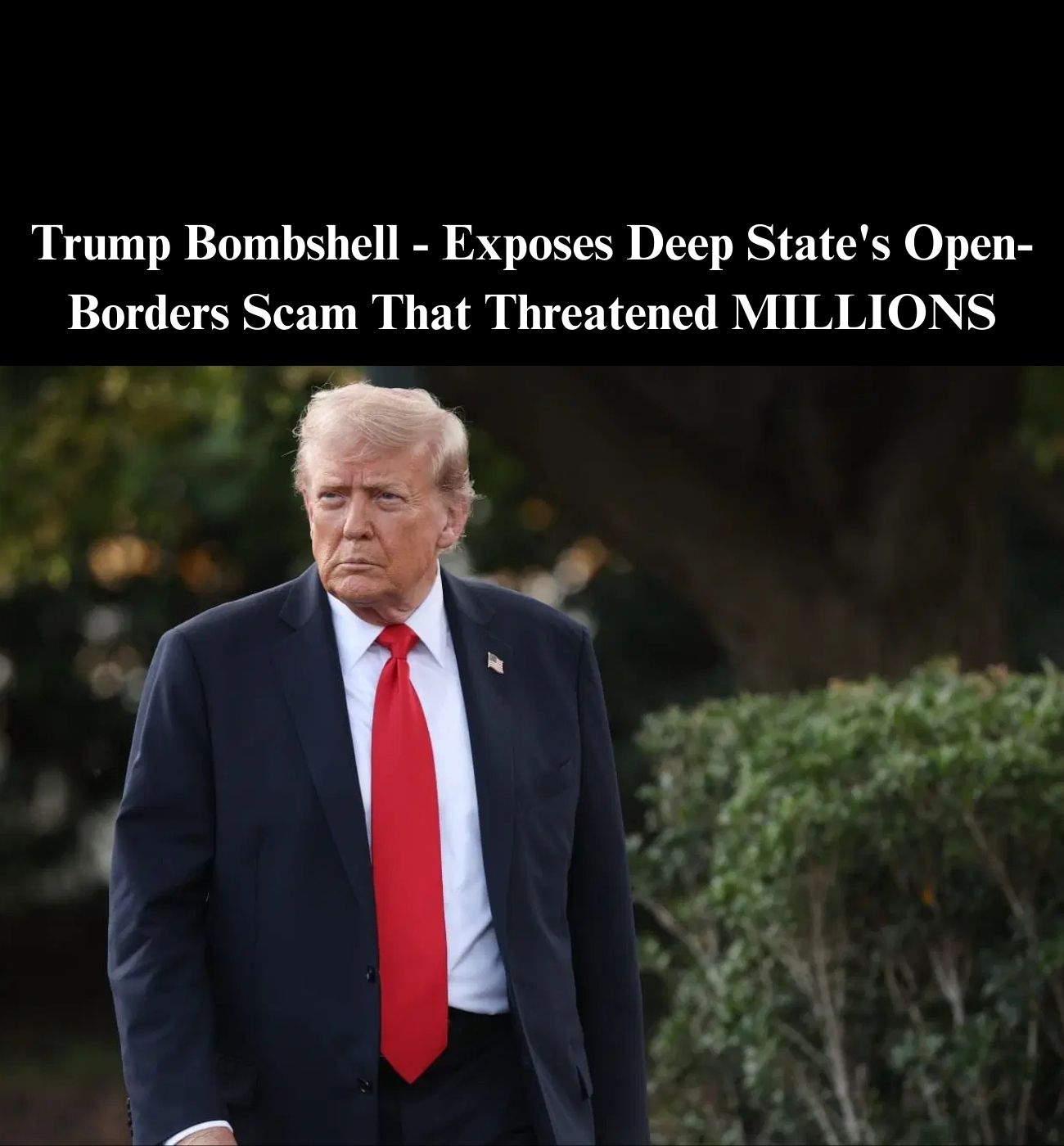President Donald Trump on Thursday announced a major overhaul of the H-1B visa program, introducing a $100,000 application fee aimed at protecting American workers from being displaced by foreign labor.
The H-1B program, designed for high-skilled immigrants, has faced criticism for enabling companies to hire foreign workers at lower wages than their U.S. counterparts.
Critics have long argued that H-1B visas are being used for jobs far below the program’s original intent, including positions such as cashiers, assistant coaches, and entry-level accountants. Wake Forest University, for example, was recently among the institutions reported to have sought foreign workers for low-level roles.
Currently, H-1B applications cost between $1,700 and $4,500, but Trump’s proposed $100,000 fee would dramatically raise the barrier to entry and make renewals far more difficult. H-1B visas are issued for up to three years and can be extended to six. Tech firms have been among the program’s biggest users, with Amazon receiving the most approvals in 2024, according to Labor Department data.
Applicants must hold at least a bachelor’s degree and have a U.S. job offer, but under Trump’s proclamation — which could take effect as early as this week — they will also need to meet the $100,000 fee requirement.
Labor Secretary Chavez DeRemer is also preparing a rule-making process to raise wage levels for visa holders, ensuring companies pay salaries that meet or exceed prevailing U.S. rates.
Supporters say the overhaul will curb abuse of the program and safeguard jobs for American workers. Opponents call the fee excessive, warning it could drive away global talent and hurt innovation in key industries.
Trump cast the move as part of his broader effort to protect U.S. jobs and stop companies from undercutting American workers with cheaper foreign labor.
“The H-1B program has been abused for too long,” he said in a statement. “This overhaul ensures American workers are treated fairly while still allowing true high-skilled talent to enter our economy.”
Originally designed to help American companies hire qualified workers, including those from abroad, the H-1B program has frequently been exploited to replace U.S. workers with lower-cost foreign labor, WND reported in July, noting that Trump was already considering changes to the program then.
For instance, despite ongoing layoffs at U.S.-based Microsoft—including a recent wave in its Xbox division—the company has already slashed over 10,000 jobs across various departments this year, with 6,000 cuts in May alone and hundreds more in June.
Between May and June, Microsoft laid off 2,300 employees in Washington state, including 817 software engineers, according to official WARN Act filings.
Yet during that same timeframe, the company submitted 6,327 H-1B visa applications for software engineering positions with identical job titles and locations to those impacted by the layoffs, said a report.
As reported by The National Pulse, the Department of Homeland Security on Thursday filed a notice with the Office of Information and Regulatory Affairs signaling a potential change to H-1B visa requirements.
The proposed update includes implementing a “weighted selection process” for applicants under the program’s annual cap. However, the filing offers no specifics on how the new system would operate. The H-1B visa program currently has a statutory cap of 85,000 visas per year.
Trump had previously argued that H-1B visas are “unfair” to American workers, saying in 2016, “I know the H-1B very well. And it’s something that I frankly use, and I shouldn’t be allowed to use it. We shouldn’t have it.”
Critics of the H-1B program have frequently argued that the current lottery system overwhelmingly favors large corporations like Amazon, Meta, and Microsoft, while putting American workers at a disadvantage by forcing them to compete with lower-cost foreign labor.
